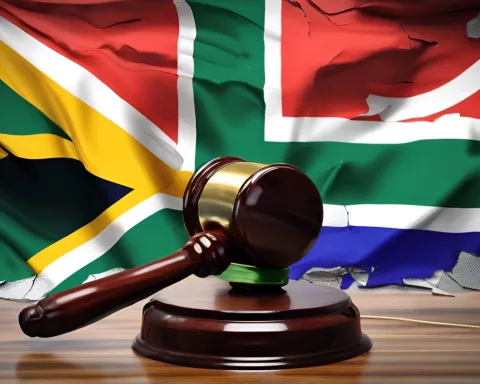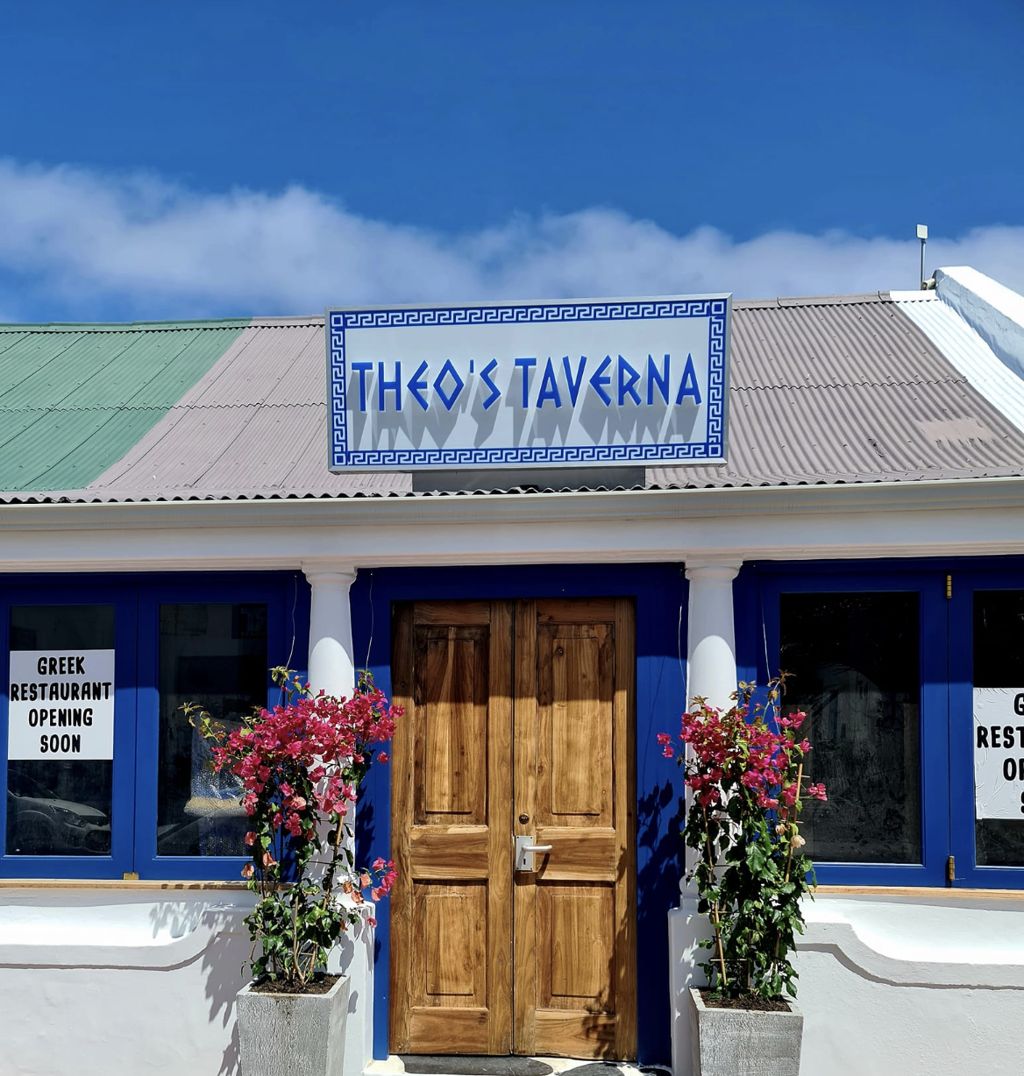Reeva Steenkamp was a talented and accomplished South African model and paralegal. She had a promising career in the fashion industry and was widely recognized for her beauty and intelligence. Her sudden and tragic death on Valentine’s Day in 2013 shocked the world and left a lasting impact on her family, friends, and fans.
Reeva’s Career and Achievements
Before her untimely death, Reeva had already made a name for herself in South Africa and beyond. She was the face of Avon cosmetics in South Africa and had appeared on several popular television shows as a celebrity contestant. She was known for her grace, charm, and wit, as well as her striking looks.
Reeva was also a talented paralegal and had pursued a degree in law. She was passionate about using her legal knowledge to help others, particularly women who had experienced abuse or discrimination. She had volunteered at several organizations that provided legal aid to marginalized communities and had won awards for her advocacy work.
The Tragic Events of Valentine’s Day 2013
On Valentine’s Day in 2013, Reeva’s life was cut short in a senseless act of violence. She was in a relationship with Oscar Pistorius, a famous South African athlete, when he shot and killed her in his home in Pretoria. Pistorius claimed that he mistook her for an intruder and acted in self-defense, but the evidence presented at his trial suggested otherwise.
Pistorius was initially found guilty of culpable homicide and sentenced to five years in prison. However, in 2015, the Supreme Court of Appeal overturned this conviction and instead found him guilty of murder, sentencing him to six years in prison. In 2017, the Court of Appeal further extended his jail term to 13 years and five months.
Reeva’s Legacy and Impact
Despite the tragic circumstances of her death, Reeva’s legacy lives on. Her family and friends have worked tirelessly to honor her memory and to carry on her advocacy work. They have established the Reeva Rebecca Steenkamp Foundation, which provides legal assistance to women who have been victims of abuse and discrimination.
Reeva’s death also sparked a national conversation in South Africa about gender-based violence and the need to protect women and girls from harm. Her story has become a powerful symbol of the need for justice and accountability in cases of violence against women.
Conclusion
Reeva Steenkamp’s life was cut short by a senseless act of violence, but her legacy lives on. She was a talented and accomplished young woman who had a passion for justice and a desire to make the world a better place. Her death was a tragedy, but it has also sparked important conversations and actions to prevent violence against women and to promote gender equality.












